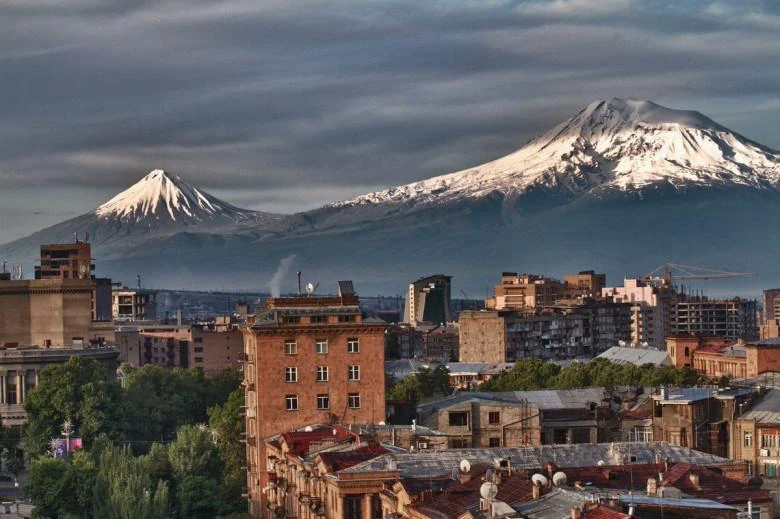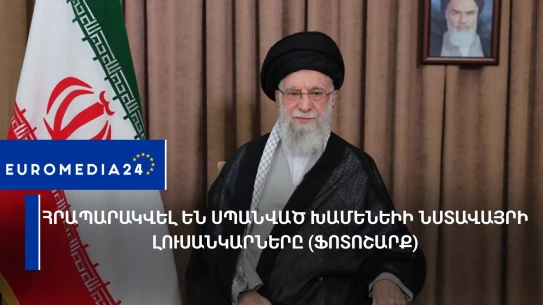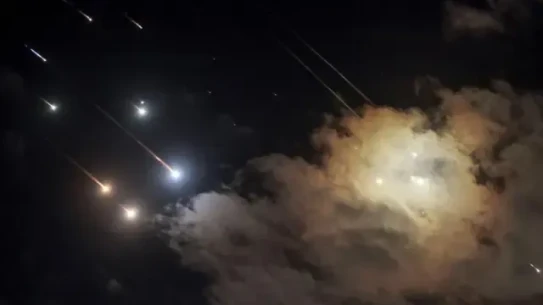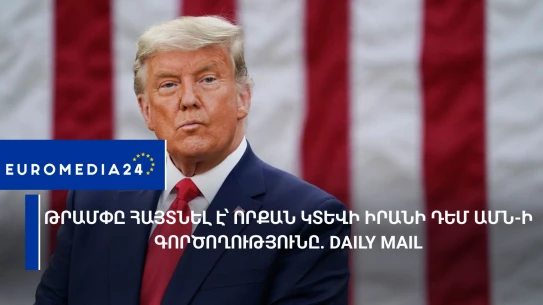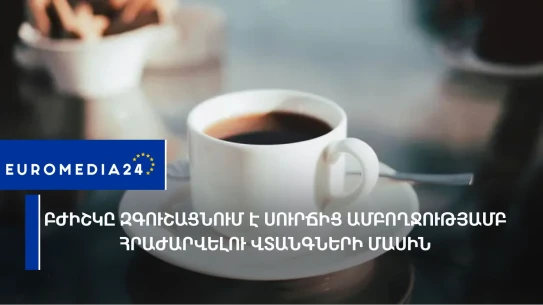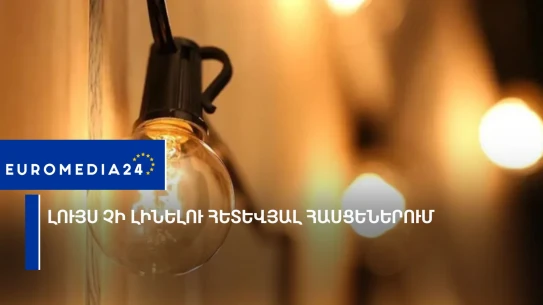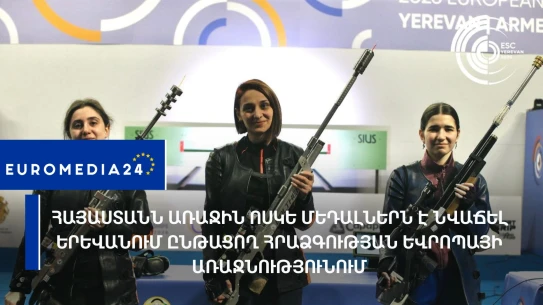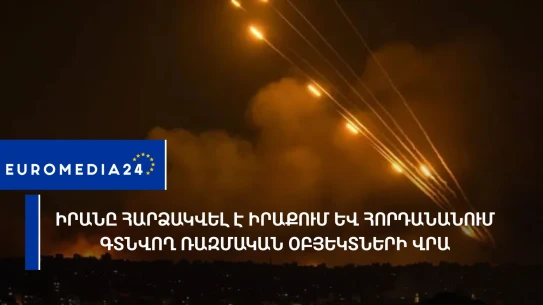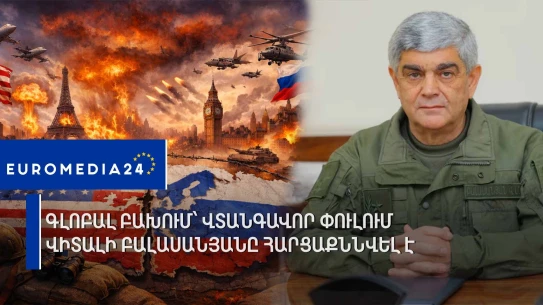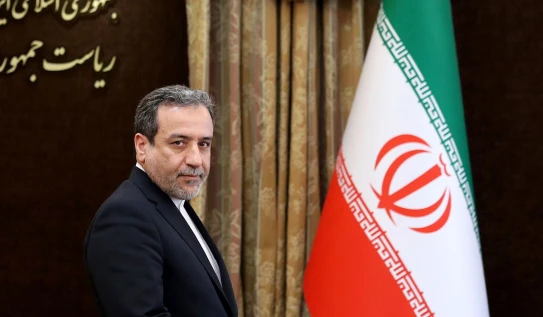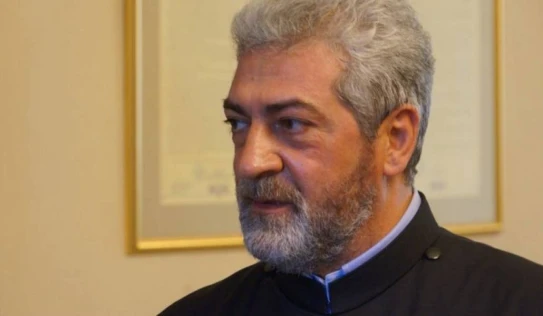"Fact" daily writes:
When Nikol Pashinyan came to power, he announced that he will be the servant of the people, "there will be soil under the feet of the people", that he will do what the people want, but in fact, over time, we were convinced that he made the people soil under his feet. .
Moreover, he constantly presented (and still presents) his and his ruling team's wishes as the wishes of the people. For example, the blockade of the courts took place in the name of people's dissatisfaction. Well, they too, as "servants of the people", were obliged to fulfill the wishes of the people.
But the saddest thing is that in many cases Pashinyan completely identifies himself with the people and generates such theses that are not the desire of the people and the state, but only the thinking of his government, or rather his own thinking, and in a deep sense they are put forward by the opponent. are packaged versions of theses.
If we look carefully, we will see that this discourse is consistently directed against the perception of Armenian identity and history.
For example, Pashinyan regularly talks about Aragats, but this is done in the context of forgetting any topic related to Ararat. It is no coincidence that Pashinyan is fighting to change the coat of arms.
This is done for the purpose that Ararat is depicted on it, and on the other hand, he is worried about the fact that the emblems of the historical kingdoms of Armenia are depicted on the coat of arms.
It seemed that why should the historical kingdoms bother the person at the top of the power, but there is a context behind it. It is clear that our historical kingdoms once occupied a certain territory, which were later conquered. And those kingdoms show the chain link of Armenian statehood.
That's why Pashinyan just artificially primitives the issue of whether there is a lion on the coat of arms, what does that have to do with the current RA?
However, it does not address the topic that today's Republic of Armenia did not suddenly fall from the sky, it is a result of historical development. On the other hand, he is sure that Armenians will more easily accept the options of concessions that are presented to them, if they leave the historical memory and the manifestations of the liberation struggle throughout history.
That is why in the general education system, the subject "Armenian history" was changed to "History of Armenia", and the subject "History of the Armenian Church" was completely removed from the school curriculum.
When he enters the field of anti-Armenian theses, Pashinyan does not even hesitate to announce that people should forget how their parents and grandfathers, who escaped the Armenian Genocide, left their native places, Mush, Van, Erzurum, Sebastia, etc., and say , that they are from Hrazdan, from Dilijan, from Yerevan, that is, their homeland is only the current Armenia.
But having the Republic of Armenia as a homeland does not mean that one should abandon the memory of historical Armenia. Moreover, in some directions, the government even surpasses the Azerbaijani propaganda machine.
For example, recently Pashinyan announced that if we say Western Armenia, Azerbaijanis also mention "Western Azerbaijan" in the same way.
But first, let's start with the fact that the concept of "Western Azerbaijan" is false, it did not exist historically and it is simply an artificially introduced agenda. And this is documented even by our international partners. For example, the French ambassador Olivier Decotigny, publishing the map of the West Azerbaijan state, noted that the only West Azerbaijan is located in the territory of Iran. Apart from that, the historical reality of Western Armenia cannot be doubted at all, and even the maps of the Ottoman period document its existence.
It is another matter that after the genocide, Turkish revisionists are trying to falsify history and introduce the term Eastern Anatolia.
The same applies to Artsakh, which never belonged to Azerbaijan. Armenians have lived in that area for thousands of years, and Azerbaijan is only a little over 100 years old. It is another matter that some Muslim and Tatar elements have constantly tried to establish themselves in Artsakh.
But the most important question remains, what is Pashinyan's business, how do people interpret their identity and historical roots, who gave him the authority and rights to make such statements?
In general, who is Pashinyan in front of the collective of the people, who makes comments on behalf of the people: whether Western Armenia should be said or not, or whether he considers himself a Sassoon, or not.
He is just another ruler, and such rulers come and go over time, but the people remain forever. And it is very surprising that the Diaspora is silent regarding this kind of behavior of the government, because with such statements, not only the identity of the Armenian population is discredited, but also the Diaspora, the formation of which is primarily the result of the biggest crime committed, the Armenian Genocide.
ARTHUR KARAPETIAN
















